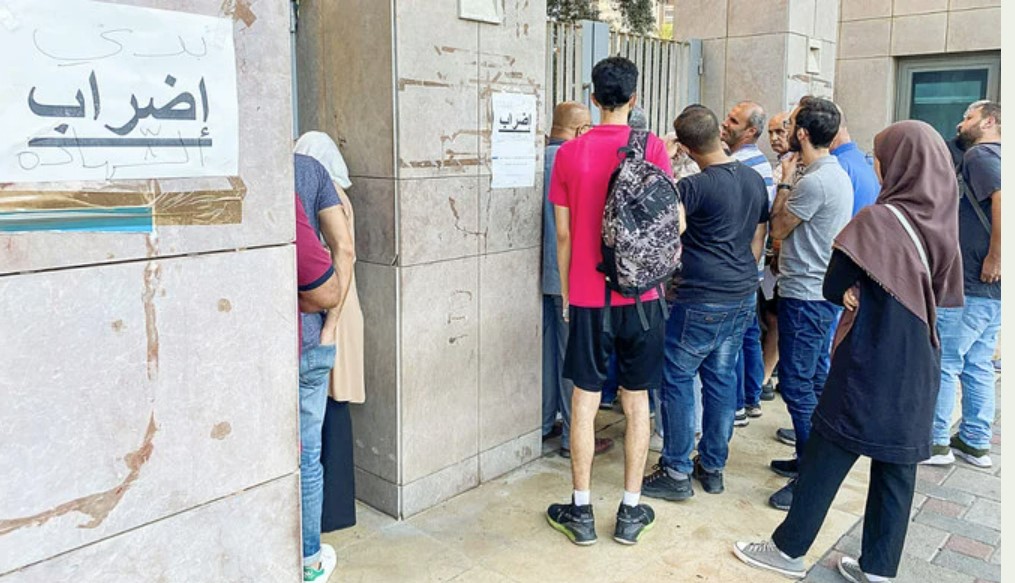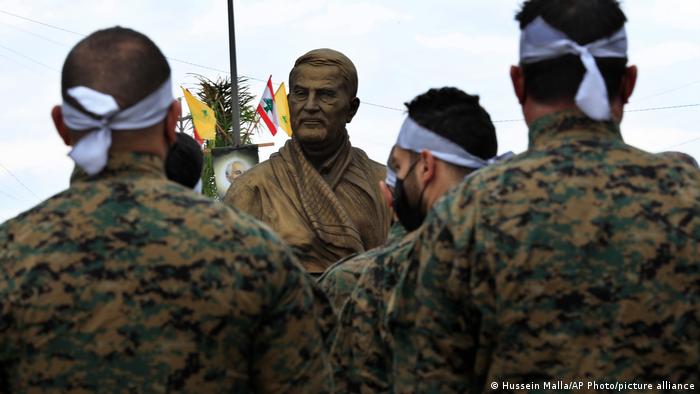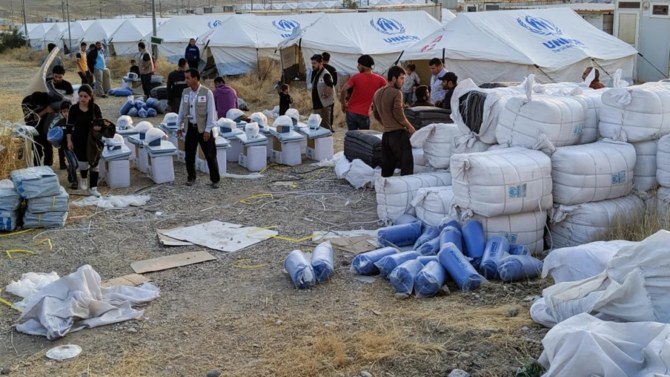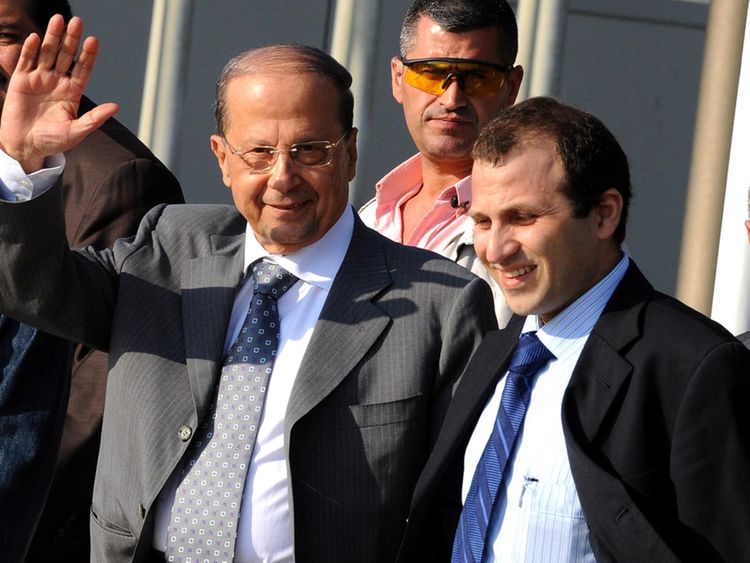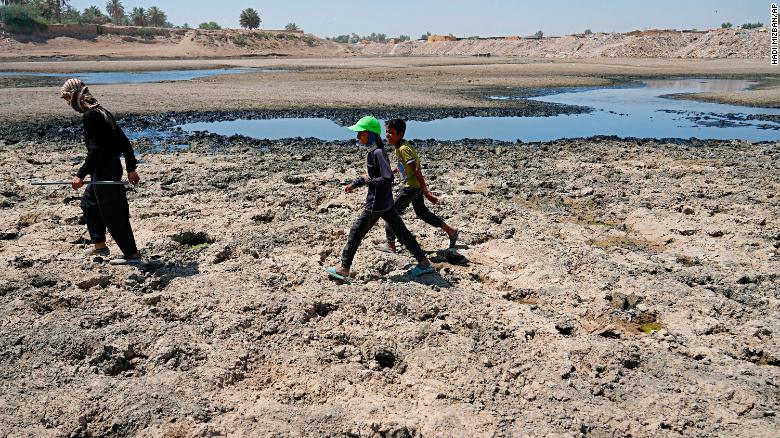
By Mohammed Abdelbary, CNN — Abu Dhabi, UAE (CNN)London got so warm this summer that newspapers splashed with headlines saying temperatures in the city had exceeded those of scorching hot Dubai. One after another, European countries such as Spain and Portugal registered record highs this year. The northern hemisphere did indeed witness record temperatures, with wildfires engulfing parts of Europe and drought threatening food supplies. And, often, European cities witnessed hotter conditions than those in the Persian Gulf. But experts say that temperature alone isn’t an adequate measure of the livability of a city — a combination of heat and humidity is. And that’s why the Middle East is far less livable than Europe even at the same temperatures.
The Middle East is still quite hot. The Iranian city of Abadan set the record for the hottest dry heat temperature this year when it hit 53 degrees Celsius (127 degrees Fahrenheit) on August 5. But combine that with the high levels of humidity in the region and it becomes an even more inhospitable place for human beings. It’s harder to cool down when the weather is humid, as our bodies struggle to transfer their heat to “wet” air rather than dry air, making it harder to sweat it out and lower our body temperatures. The measure of heat combined with humidity is called the wet bulb temperature. The name stems from the way this condition is measured, literally by wrapping a wet cloth around a thermometer and measuring the temperature as the water evaporates.

